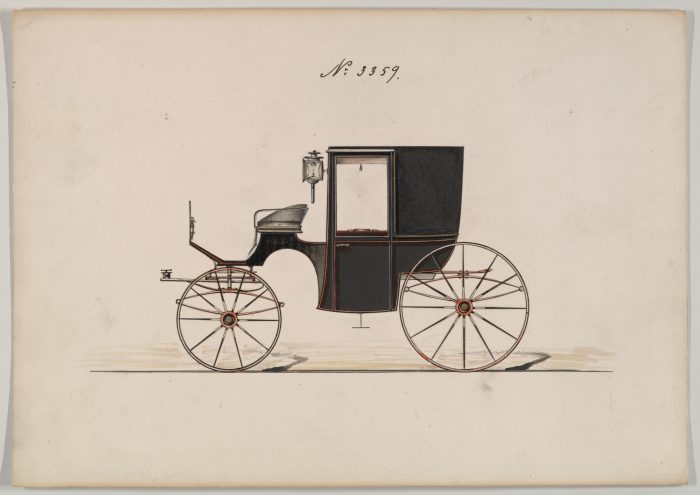Inspired by Ambrose Bierce’s endlessly entertaining and edifying Write it Right, I’ve collected a few errors (or so I see them) frequently found amid the flood of writing that makes its way online every day. They are not all incorrect per se, but as Bierce pointed out, over and above being merely correct, writing may also be unambiguous — and we should always strive to make it so.
This list is (and will forever remain) a work in progress.
ahold: ‘Get ahold of’ may roll off the tongue in person but this colloquialism has no real reason to exist in writing outside of dialogue.
disinterested: Used almost exclusively now to mean ‘uninterested’ in place of that perfectly good word. But disinterested refers to having no ‘interest’ in a financial or personal sense, as in a conflict of interest. One who is disinterested in (or more properly, from) something has nothing to gain or lose in connection with it, so their actions can be considered to have no ulterior motive. Similarly one cannot ‘have a disinterest in’ something — say they have no interest, or a lack of interest.
begs the question: The battle by pedants (including myself in the past) to rescue this saying from corruption is long lost and was misguided to begin with, considering ‘beg the question’ is at best an ambiguously worded paraphrase of a logical fallacy seldom found in ordinary discourse. If something raises or prompts a question, or conversely if it moots or presupposes its answer, say that. Avoid the original construction entirely and avoid the possibility of confusion, derailment, and unwanted commentary.
comma pause: Commas are punctuation that formally divide a sentence, and should not be used in expository writing to dictate its pacing or emphasis. For instance: ‘The CEO said that, “We will look into it” ‘ or ‘She determined that moment, that she would look into it.’ If the effect is important the sentence can usually be rearranged to achieve it and remain grammar, but be wary of changing the meaning.
six-feet: Variations of this type of hyphenation abound: ‘the screen is eight-inches wide,’ ‘she was five-feet, seven-inches tall,’ ‘it was four-and-a-half hours.’ When dimensions are being enumerated, no hyphen is necessary. It is when they act as a compound adjective that they must be united for clarity: ‘the board was two feet long’ vs ‘a two-foot-long board.’
add on, add in, continue on, etc.: The verb alone is usually sufficient. Incidentally, as hyphenated nouns (add-ons), these sound commercial.
in between: As above, the ‘in’ may be omitted with advantage.
in order to: ‘In order’ is superfluous in most cases and can be omitted. Variants of this may perform work under other circumstances, however, such as ‘as a means to.’
irregardless: No such word.
Read more







